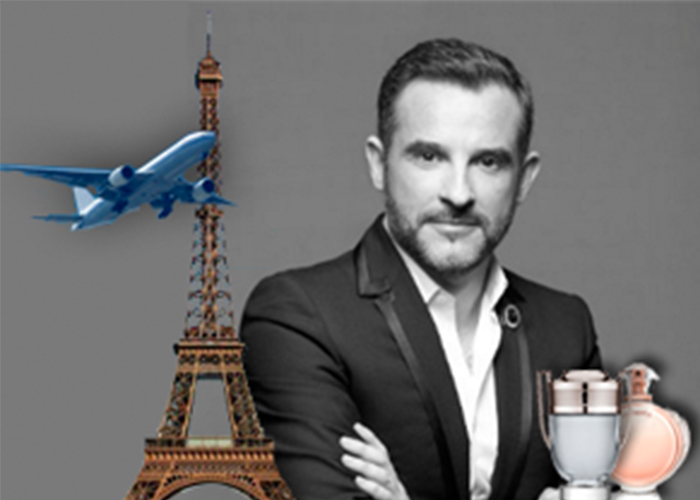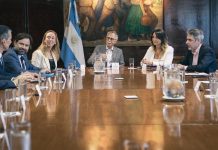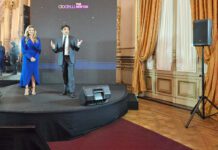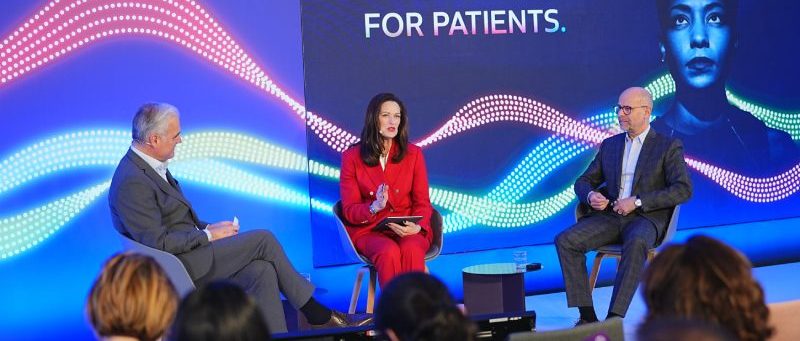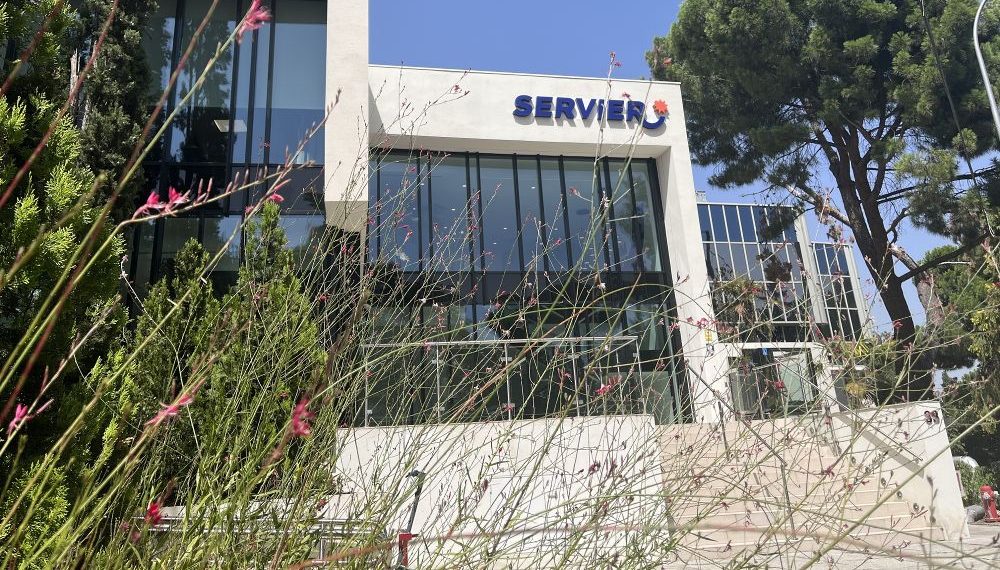Drugmarkers’ invitations to science journalists are almost nonexistent these days. Compliance rules, mainly among multinationals, have succeeded in almost burying that practice, but it appears that some cosmetics groups are using the initiative.
Drugmarkers’ invitations to science journalists are almost nonexistent these days.
Companies used to ferry reporters to international conferences on every specialism going to gain wide coverage of their products from the comfort of five-star resorts.
Compliance rules, mainly among multinationals, have succeeded in almost burying that practice, but it appears that some cosmetics groups are using the initiative.
For example, the strategy has been taken up by Spanish firm Puig led in Argentina by Pablo Mortstedt.
This month, the company invited an editor from the magazine Viva, part of the Sunday edition of Argentina’s Clarín newspaper, on a trip to France. The objective? To interview the general director of Paco Rabanne in the context of the launch of new versions of the fragrances Invictus and Olympéa.
An international flight so that Fréderic Appaire can offer platitudes like: “in the perfume industry there are thousands of brands that succeed and others that don’t. If there was a recipe, it would already have been applied”.
He also put forward such interesting concepts such as the claim that Pacco Rabanne is successful because it is “audacious and different”.
He went on to state that Rabanne “made fragrances that cannot be associated with any other brand”, as if all the multinational perfume companies didn’t work for the same names. Other highlights? How about the claim that “one day there will be perfumes that we can drink and that will have an effect on the skin after ingesting them”? See the full article (in Spanish) here.
If this wasn’t enough, the magazine defined its invited guest as a “special correspondent”, a title more usually associated with those reporters covering international conflicts, summits and other important events.
It is striking that some cosmetics companies do not apply more demanding compliance rules. The generation of empty content in exchange for an airline ticket and a brief stay in Paris, however, appears to be a policy that Puig is betting on, at least at its Argentine branch.



